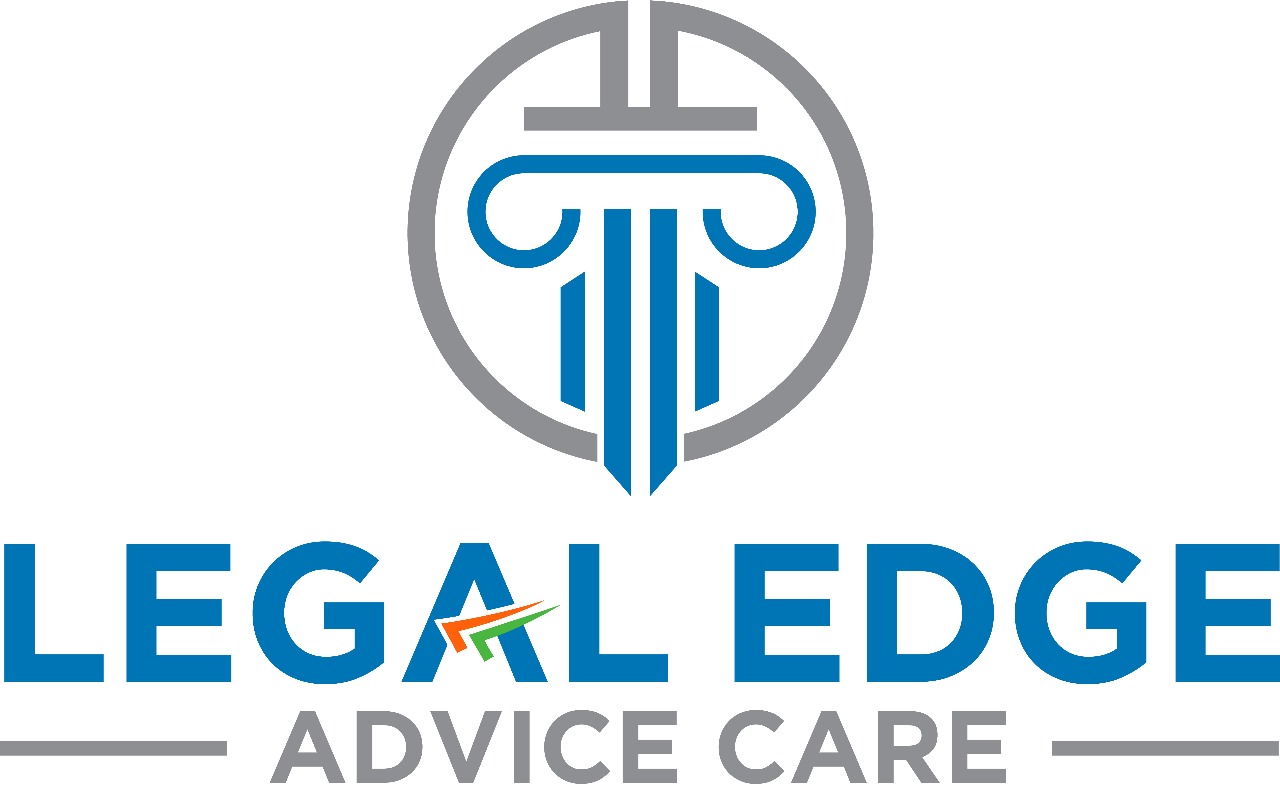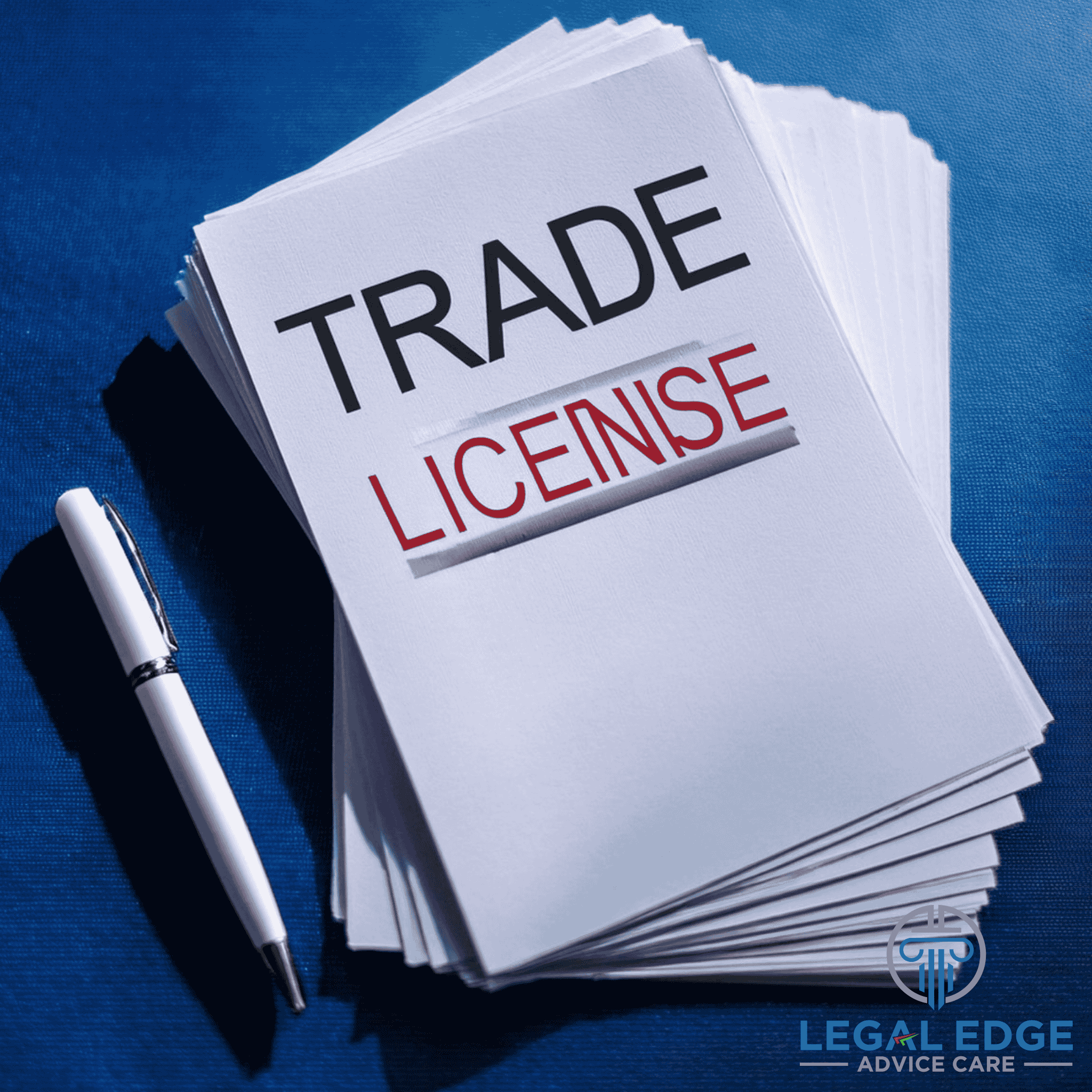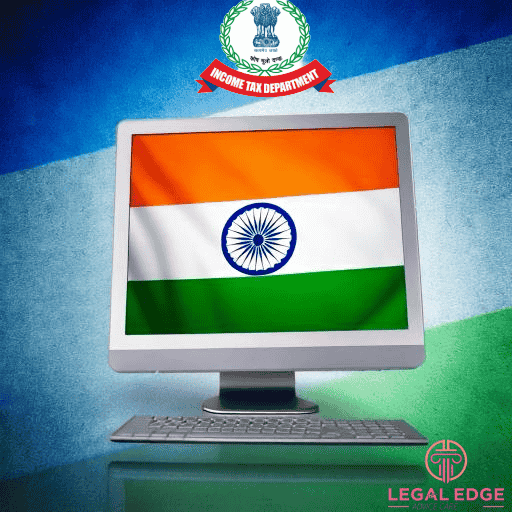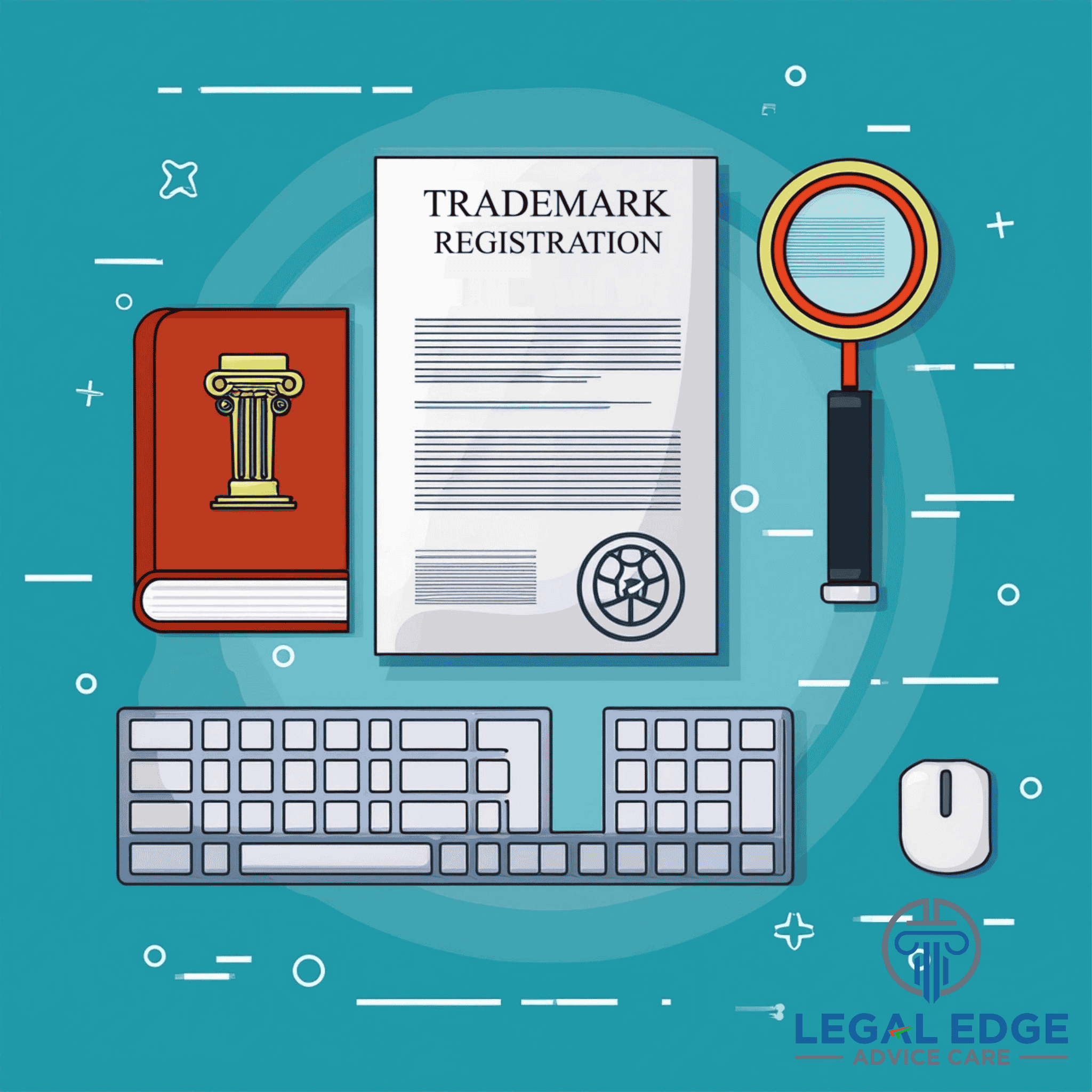
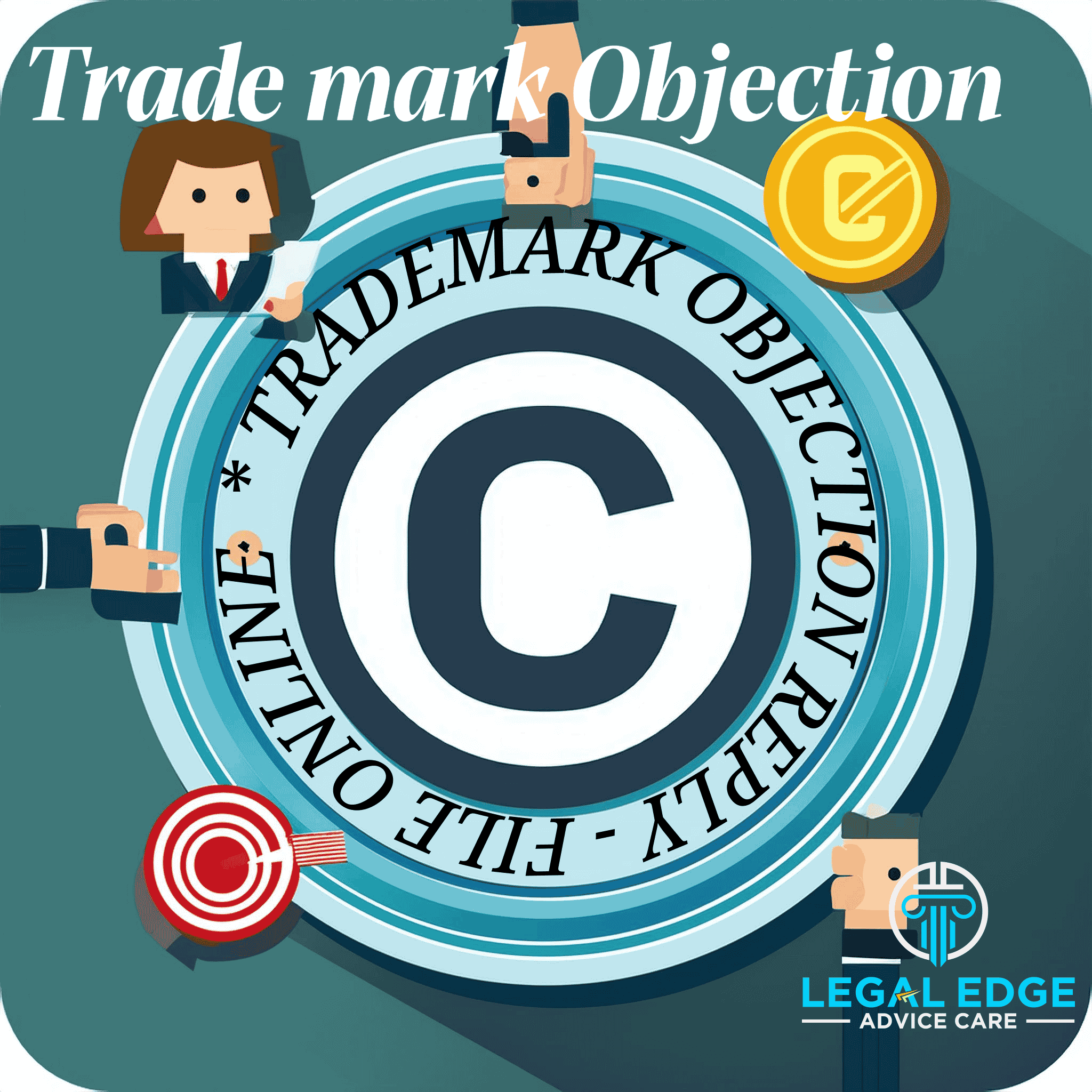
Documents Required
Advertisement Copy
Product Images
Sales Invoice
Trademark Objection
Trademark Objection
An application for registration of a trademark can be objected by the Trademark Office for a number of reasons. In this article, we look at the top reason for trademark objection.
Once a trademark application is filed, a Trademark Examiner examines the the application and makes a search of earlier trademarks – which are identical or similar to the mark being examined. The findings of the Trademark Examiner are compiled as the trademark examination report.
Use of Incorrect Trademark Form
In case the trademark application is not made on the proper form, an objection as following is raised by the Trademark Examiner.
“The application is made on form TM-1, for certification mark in respect of goods or services falling in a class, the form of the application should be corrected as TM-4 by filing a request on form TM-16.”
Corrective Action: The applicant can overcome this objection by requesting to correct trademark application by filing a request on form TM -16.
Incorrect Trademark Applicant Name
The trademark applicant name must be entered properly in an application, as suggested in this article. In case of incorrect trademark applicant name, the Trademark Examiner would raise an objection as follows:
“The application appears to have been filed in the name of a partnership firm, names of all Partners of the firm should be brought on record by filing a request form TM-16”
Corrective Action: The applicant can overcome an objection for incorrect trademark applicant name by requesting to correct trademark application by filing a request on form TM -16.
Failure to File Trademark Form TM-48
Whenever a trademark application is filed by a Trademark Attorney or Trademark Agent on behalf of the applicant, Trademark Form TM-48 must be attached. In case Form TM-48 is not attached or incorrectly executed, the Trademark Examiner would raise and objection as following:
“The application has been submitted by a person other than the applicant, a duly stamped Power of Attorney in favour of a particular agent should be filed.”
Corrective Action: The applicant can overcome an objection for failure or incorrect Form TM-48 filing by requesting to correct trademark application by filing a request on form TM -16.
Incorrect Address on Trademark ApplicationIn case a trademark application has not mentioned the principal place of business of the applicant or if the applicant’s address for service in India is not mentioned, then an objection can be raised as under:
“The Principal Place of business of the applicant should be brought on record by filing a request on form TM-16” or “The applicant’s address for service in India should be brought on record by filing a request on form TM-16, since the applicant has no principal place of business in India.”
Corrective Action: The applicant can overcome an objection for incorrect address by requesting to correct trademark application by filing a request on form TM -16.
Vague Specification of Goods or ServicesIn a trademark application, if the specification of goods or services is too vague or encompasses a large variety of goods and services in a class, then an objection can be raised by the Trademark Examiner as follows:
“The specification of goods/services mentioned in respect of class xx, is very vague and wide. You should provide exact items in respect of which the trademark is sought to be registered, by filing a request on form TM-16.”
Corrective Action: The applicant can overcome an objection on the specification of goods or services by requesting to correct trademark application by filing a request on form TM -16.
Same or Similar Trademark Exists
In case, same or similar earlier trademarks of different trademark owner are found on records in respect of same or similar description of goods or services, then an objection is raised as follows:
“The trademark applied for registration is not registrable under Section 11(1) of the Trade Marks Act 1999 since identical or similar marks in respect of identical or similar description of goods or services are there on records and because of such identity or similarity of marks and goods or services there exists a likelihood of confusion on the part of the public.”
Corrective Action: The applicant can submit a reply to the trademark examination report by stating that trademarks cited as conflicting marks in the examination report are different than the applicant’s trademark, along with supporting evidence.
Trademark Lacks Distinctive Character
Trademarks which are not capable of distinguishing the goods/services of one person from those of another person are devoid of distinctive character and thus liable for objection under absolute grounds for refusal of trademarks. To overcome a trademark objection under absolute grounds for refusal, the trademark applicant can submit proof to show that the mark has acquired a distinctive character by virtue of its prior use.
Trademark is Deceptive
An objection can be raised by the Trademark Examiner, if the mark has potential for deception of the public by reason of something inherent in the mark itself or in its use, like nature, quality or geographical origin of the goods or services. An objection as to deceptive trademark can be overcome if the applicant seeks to exclude goods or services from the specification by filing Form TM-16.
5200+
Projects done
15500+
Happy clients
14000+
Income Tax
746+
Incorporation
Trademark vs Copyright vs Patent
| Trademark | Patent | Copyright | |
|---|---|---|---|
| What’s protected | Any word, phrase, symbol or design that recognizes and differentiates the source of one party's goods from those of another. | Inventions, such as procedure, manufacturer, composition, machines of matter as well as improvements to these. | Books, articles, music, photography, sculptures, dances, sound recordings, motion films and other original works of authorship. |
| Requirements for protection | A mark must be distinguishable, in the sense that it must be able to identify the source of a certain good. | A fresh, valuable, and unusual invention is required. | A work must be unique, original, and created in a tangible manner. |
| Term of protection | As long as the mark is used in commerce. | 20 years | Author’s life span+ 70 years. |
| Rights Granted | Right to use the mark and to prohibit others from using identical marks in a way that could create confusion about the goods or services' origin. | Right to restrict others from manufacturing, selling, or importing the patented invention. | Copyrighted works have the power to dictate their reproduction, creative works, circulation, public performance, and display. |

Trademark registration is open to individuals, companies, proprietorship firms, partnerships, LLPs, Indian and foreign companies, trusts, and societies.
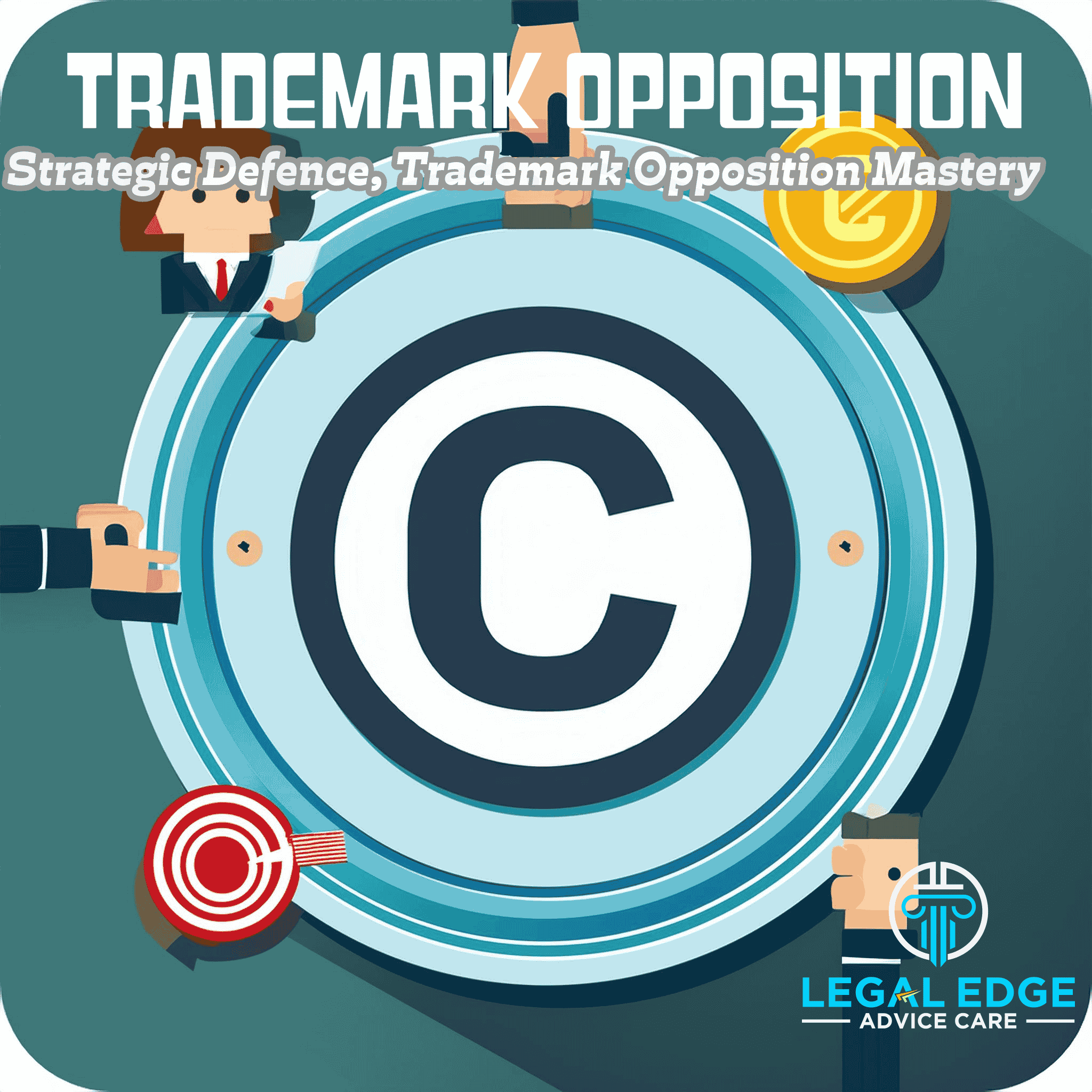
Upon submitting a trademark application, it undergoes rigorous examination. If any inconsistencies or overlaps with existing trademarks are found, an objection is issued. It's vital to note that an objection isn't a denial but a request for clarification or adjustment.
A trademark might be objected to if it contains offensive imagery or words or if it conflicts with rules detailed in Section 9 and Section 11 of the Indian Trademarks Act, such as lack of uniqueness, being too descriptive, or clashing with existing trademarks.
Section 11 objections relate to the similarity between the proposed trademark and existing ones. These can be due to identical marks, similar sounds, or shared concepts among trademarks.
Section 9 deals with objections raised due to trademarks that are too descriptive, lack distinctiveness, or are potentially misleading to consumers.
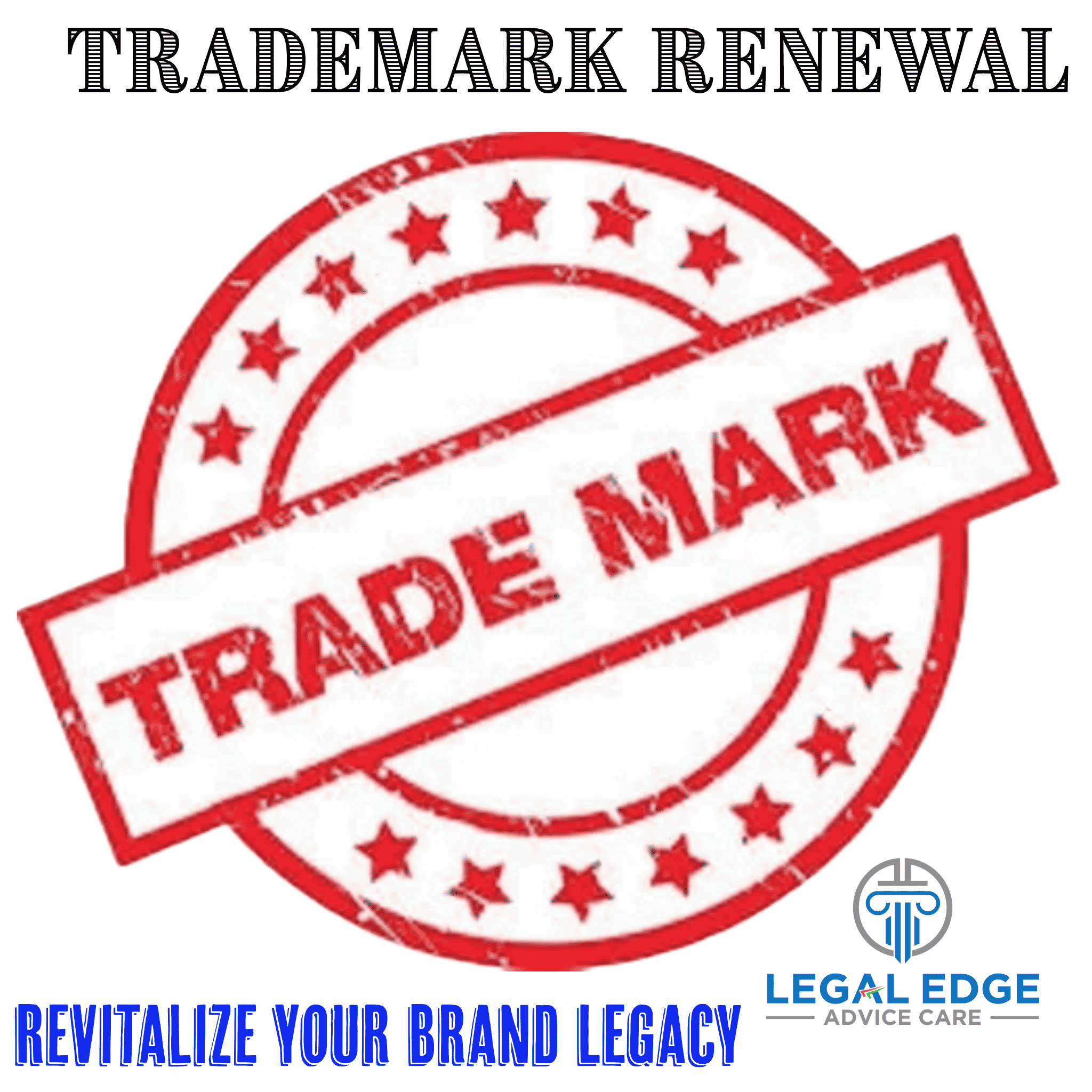
If the trademark application fails to meet standards, a notification is sent to the applicant. They must respond within 30 days, addressing the concerns raised. Failure to satisfy the standards may result in application denial, though appeals can be made to the Intellectual Property Appellate Board.
While the terms are sometimes used interchangeably, they are different. An "objection" relates to concerns raised by the reviewing officer about the registration process. In contrast, "trademark opposition" involves challenges by third parties disputing the trademark's validity.
Upon receiving the examination report, it's crucial to file a reply within 30 days, comprehensively addressing all queries raised.
